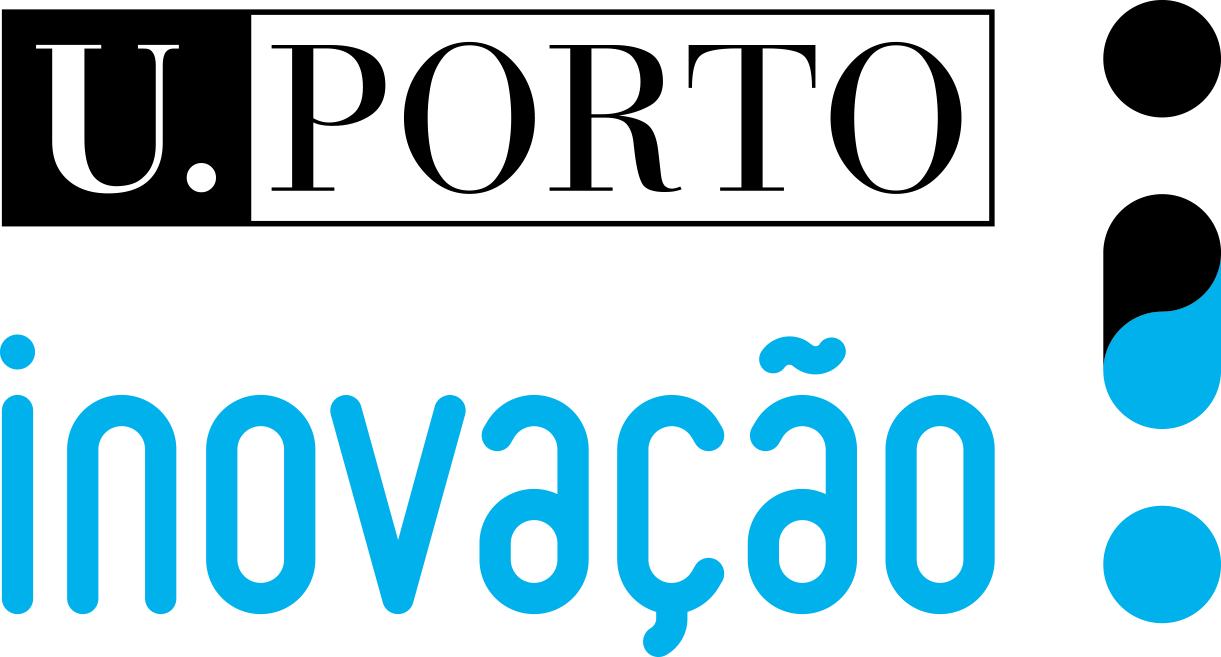
One of Embrace’s main activities is the survey and analysis of corporate social entrepreneurship’s good practices. Therefore, the project’s partners are engaged in finding better and easier ways to help them perform this task. Having this in mind, the project will benefit - with the contribution of SNSPA - UNESCO Chair on Science and Innovation Policies – from a unique tool, the Horizon Search Mechanism (Radar, for short) to identify more information on Corporate Social Entrepreneurship (CSE).
CSE is a relatively new concept, which covers a diverse set of real-life practices. Assuming that certain CSE practices are reflected in news media worldwide, going through those pieces and trying to find common trends regarding corporate social entrepreneurship can be a major help for Embrace’s goals. So, the Radar is meant to help partners achieve this, as it will be able to identify, in a corpus of more than 3 million innovation related news pieces from previous years, the ones that can be considered examples of CSE.
The Radar scanning process creates a virtuous loop between a group of human evaluators of these news pieces and Natural Language Processing (NLP), the latter learning from the previous examples (both positive and negative) and preselecting the news to be evaluated. Going from there, it can scan any news database and select the pieces with similar content.
At the same time, the tool can also cluster the corpus of examples by user defined criteria such as domain or geographic area.
How does it work?
The process includes the following steps: creating the learning corpus (in which a set of example texts are provided by all the consortium members); identifying the patterns in the learning corpus by means of Natural Language Processing (NLP); automatic extraction, from a large corpus of news, of those that fit the identified patterns – important to say that the corpus in which this search is made is composed by over 3 million news pieces, collected from various innovation based sites over the last years; human evaluation of the NLP results; clustering the examples of pieces by theme or topic (eg: ICT, Finance, Agriculture, etc); and, last but not least, clustering the CSE examples by country.
To sum up, this groundbreaking tool will provide a broader coverage of CSE practices, while also providing a rough estimation of the current scale of the Corporate Social Entrepreneurship phenomena among the Embrace partners. At the same time, it will also help to better understand CSE’s boundaries, as it will be reflected in the consensus of the human evaluators when validating different news examples.
Using the Radar output reports, the partners will go through an extensive analysis of the identified practices to identify additional good practices and to enlarge the corpus of knowledge on CSE. It is expected that this work’s outcome will significantly enhance the consortium debate on the dimension, diversity and boundaries of Corporate Social Entrepreneurship.
EMBRACE project is co-funded by the Erasmus+ Programme of the European Union. University of Porto is one of the partners, through U.Porto Inovação and Instituto de Sociologia from the University of Porto. (IS-UP). The other partners are: Waterford Institute of Technology (Ireland), Vilnius Gediminas Technical University (Lithuania), DRAMBLYS (Spain), Budapest University of Technology and Economics - BME (Hungary), National School of Political Studies and Public Administration (Romania), Domhan Vision (Germany), Hellenic Management Association (Greece), Digital Technology Skills Limited (Ireland), and Hanze University of Applied Sciences, Groningen (Netherlands).







